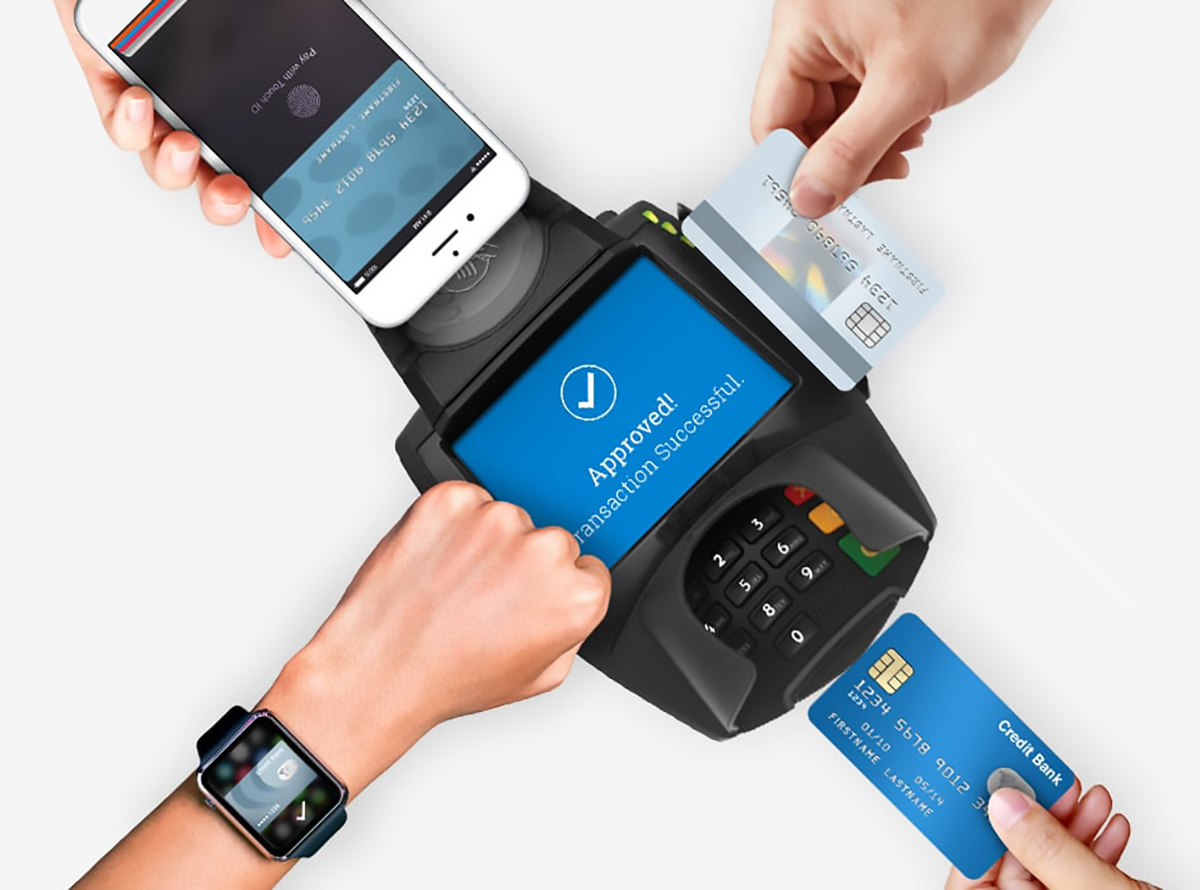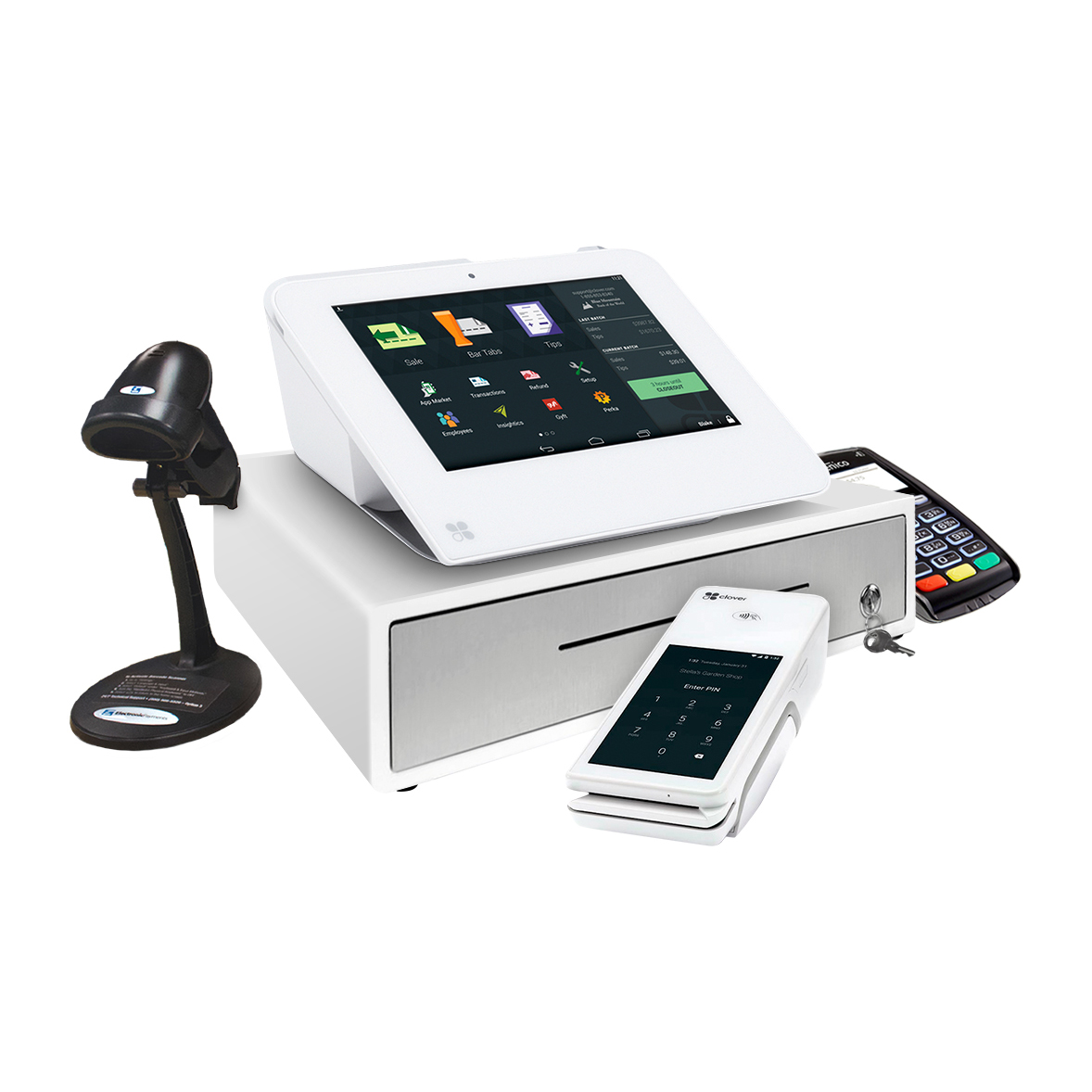Our cloud-based platform is so seamlessly integrated you would think it was part of your accounting software.





How to Streamline Your QuickBooks Integration
Integrating QuickBooks with your merchant account can be a game-changer for businesses seeking efficiency. With over two decades of experience in optimizing payment workflows, I've found that the best merchant account for QuickBooks integration is one that seamlessly aligns with your existing infrastructure. This alignment allows for smoother transactions and improved cash flow management.
To set up a seamless integration, start by identifying a merchant service provider that offers full compatibility with all versions of QuickBooks. Look for features such as real-time transaction syncing and automated invoicing to reduce manual entry and errors. This automation not only saves time but also minimizes the potential for costly mistakes.
Choosing the Best Merchant Account for Your Needs
When searching for the best merchant account for QuickBooks integration, focus on three critical areas: cost, compatibility, and customer service. Many businesses make the mistake of selecting a merchant account based solely on fees, but this can lead to issues down the line. A provider with excellent customer support and robust technological compatibility can save more in the long run by preventing disruptions.
Look for features like customizable invoicing, automated reconciliation, and PCI compliance. These aspects ensure that your merchant account not only fits your business model but also facilitates growth by providing scalable solutions. Additionally, consider providers that offer advanced security measures such as Level 2/3 processing for B2B transactions.
- Real-time syncing with QuickBooks
- Advanced security features
- Responsive customer support
How Can You Optimize Your Payment Processing?
Optimizing payment processing with the best merchant account for QuickBooks integration involves a few strategic steps. This process not only streamlines your workflow but also optimizes your fee structure.
- Evaluate Your Current Setup: Analyze your existing merchant account to identify areas for improvement. Pay special attention to transaction fees and compatibility with your QuickBooks setup.
- Negotiate Rates: Don't hesitate to negotiate better terms with your provider. Highlight your transaction volume to leverage lower fees.
- Implement Automation: Use features like automated invoicing to reduce manual errors and improve efficiency. Automation is key to optimizing your payment processing.
What Are the Benefits Beyond Basic Integration?
Integrating QuickBooks with a dedicated merchant account does more than just streamline payments. It provides significant advantages such as enhanced data analytics and precise financial reporting. This capability allows businesses to make informed decisions based on real-time financial data, fostering growth and sustainability.
Moreover, by customizing your invoicing and payment reminders, you can enhance the customer experience, leading to improved customer satisfaction and retention rates. The best merchant account for QuickBooks integration empowers businesses to do more with less, freeing up resources for strategic initiatives.
Should You Consider a Dedicated Provider?
A dedicated merchant service provider can offer tailored solutions that meet the distinct needs of your business. From customized payment gateways to advanced reporting tools, the best merchant account for QuickBooks integration is one that aligns perfectly with your operational goals. Selecting a provider with a deep understanding of QuickBooks ensures a more cohesive integration experience.
Evaluate potential providers based on their track record with similar businesses and their ability to adapt to evolving market conditions. A provider that stays ahead of industry trends can give your business a competitive edge.

Efficient QuickBooks Payment Processing
QuickBooks merchant account fees can be a significant concern for businesses striving to optimize their payment processes. At The POS Brokers, we understand that efficient payment processing is crucial. With over 20 years of industry experience, we've perfected methods that help businesses reduce QuickBooks merchant account fees without sacrificing service quality.
Our approach begins with integrating QuickBooks with low-fee merchant services. This seamless setup not only lowers the fees but also enhances the cash flow by streamlining invoicing and payment tracking. Through smart integration, automated invoicing, and real-time reconciliation, businesses can focus on growth rather than financial admin tasks.
What Are the Key Benefits of Integrating Payments?
Integrating payments with QuickBooks can vastly improve financial management processes. A few key benefits include:
- Lower QuickBooks Merchant Account Fees: By selecting optimal payment processors, businesses can achieve substantial fee reductions.
- Simplified Operations: Automating payment collections and reconciliation keeps your accounts current and accurate.
- Enhanced Security: Protect sensitive payment data with comprehensive PCI compliance measures.
These benefits not only save time but also improve the bottom line by minimizing unnecessary expenses associated with higher merchant account fees.
Achieving Lower QuickBooks Merchant Account Fees
Reducing QuickBooks merchant account fees requires strategic action. Here are the steps we recommend for achieving substantial savings:
- Evaluate Existing Deals: Analyze current contracts to identify opportunities for negotiation or better service options.
- Leverage Cash Discount Options: Implementing cash discounts can offset processing fees while enhancing customer satisfaction.
- Optimize Interchange Rates: Use level 2 and 3 processing to qualify for lower interchange rates, especially beneficial in B2B contexts.
These strategies, applied consistently, can lead to meaningful reductions in QuickBooks merchant account fees and improve overall financial efficiency.
How Does Automated Invoicing Impact Business?
Automated invoicing revolutionizes the way businesses manage their finances. It eliminates manual data entry errors and speeds up the payment process. Businesses benefit from:
- Customizable templates for professional branding
- Simplified scheduled billing and auto-pay options
- Increased cash flow through timely invoicing and fewer late payments
By adopting automated invoicing, businesses reduce administrative burdens and enhance their overall financial workflow efficiency.
Choosing the Right QuickBooks Merchant Account
Finding the perfect QuickBooks merchant account is essential for maintaining low fees and ensuring seamless payment processing. Consider the following when selecting a merchant account:
First, assess your business size and transaction volume to match with the right payment processor. It's vital to avoid one-size-fits-all solutions that lead to inflated fees. Customization is key, allowing businesses to select services that fit their unique needs.
Additionally, always look for providers offering robust security measures and compliance with PCI standards to protect your business and customer data. Achieve peace of mind while reducing QuickBooks merchant account fees through thoughtful selection.
Enhancing Invoice Efficiency
QuickBooks invoicing and payments have transformed how businesses handle financial transactions. In my over two decades of managing business finances, I've seen firsthand how automating invoices can drastically cut down on administrative time. QuickBooks allows for customizable invoicing, enabling businesses to incorporate their branding and tailor invoices to meet specific needs. This not only enhances professionalism but also streamlines the payment process, prompting quicker customer payments.
One of the standout features is the automation of payment reminders, which ensures that businesses maintain a steady cash flow. The integration of these reminders with invoicing tools can reduce outstanding invoices by up to 30%, a figure consistent with industry findings from various financial studies.
Saving on Processing Fees
With QuickBooks invoicing and payments, businesses often struggle with high processing fees. As someone who has negotiated countless merchant accounts, I've discovered numerous options for businesses to minimize costs. By leveraging cash discount programs and exploring Level 2/3 interchange optimization, companies can reduce their processing fees significantly.
Switching to a QuickBooks merchant account can simplify transactions and lower expenses, ensuring that businesses keep more of their hard-earned money. The negotiation of better rates is a strategy I highly recommend, which can result in savings of up to 40% compared to standard rates.
Consider opting for zero-cost processing to further alleviate financial burdens. These solutions allow businesses to optimize their accounts without sacrificing the quality of their services.
Integrating with Biller Genie
The integration of Biller Genie within QuickBooks invoicing and payments is a game-changer. This tool automates collections, reconciliations, and payment reminders, all while seamlessly working within the QuickBooks environment. I've guided businesses through this integration process, witnessing firsthand the relief it brings when manual tasks are minimized.
Biller Genie provides a centralized platform for managing all aspects of billing, helping to ensure no invoice goes unpaid. This integration is particularly beneficial for businesses handling a high volume of transactions, as it can boost efficiency by about 20%.
Moreover, Biller Genie supports QuickBooks invoicing and payments by safeguarding data integrity, making the reconciliation process straightforward and accurate.
Automated Invoicing Strategies
QuickBooks invoicing and payments offer various automated strategies to boost financial accuracy. From personalized invoice templates to scheduled billing, these strategies reduce the likelihood of human error. Here's how to get started:
- Set up your QuickBooks account with custom invoice templates tailored to your brand.
- Utilize the auto-billing feature to send invoices at regular intervals.
- Enable auto-pay options to simplify the payment process for your clients.
- Regularly review automated reminders to ensure they align with your business policies.
By automating these tasks, businesses can see a more than 15% improvement in client payment timelines.
What Are the Common Issues with QuickBooks Invoicing and Payments?
QuickBooks invoicing and payments occasionally face issues that can be straightforward to resolve. Common problems include payment discrepancies due to mismatched data or delayed payment postings. One quick fix involves verifying that all the details in the invoice match the payment records precisely.
Businesses can implement a periodic review of their account setups to identify any inconsistencies. In my experience, this practice has often prevented minor issues from escalating into larger problems. Additionally, leveraging QuickBooks' customer support resources can swiftly address any ongoing concerns.
Optimizing Payment Security
Security remains paramount in QuickBooks invoicing and payments. With cyber threats on the rise, ensuring customer data protection is critical. QuickBooks offers full PCI compliance, which I've found to be an essential feature for securing transactions. Implementing Level 2 & 3 processing can yield significant savings for B2B transactions by about 10% per transaction.
It's crucial for businesses to maintain regular software updates and secure payment gateways to protect sensitive information. By doing so, not only is customer trust maintained, but regulatory compliance is also assured.

How can I streamline QuickBooks integration with a merchant account?
Integrating QuickBooks with a merchant account can truly revolutionize how you handle financial transactions. From my experience, the key is to ensure compatibility and seamless integration. I've seen businesses initially struggle with systems that weren't fully aligned, leading to disruptions. To avoid that, I recommend choosing a merchant service provider that offers real-time transaction syncing and automated invoicing. This not only reduces manual errors but allows your business to operate more smoothly. Imagine being able to have your transactions sync without lifting a finger--it frees up precious time, which you can then dedicate to more strategic business activities.
Have you considered what specific features align with your current setup? Perhaps exploring providers who offer customizable solutions could further tailor the integration to your needs.
What are the key considerations when choosing a merchant account for QuickBooks integration?
Choosing a merchant account is a critical decision, and it goes beyond just looking at cost. I always tell clients that customer service and compatibility are equally important. Imagine setting up your payment process only to find that support is lacking when something goes wrong. That's why evaluating the technological compatibility with QuickBooks and ensuring responsive customer support cannot be overstated. Additionally, features like PCI compliance and security measures are essential, especially with cyber threats rising. It's like building a safety net around your financial processes.
What specific features do you prioritize in a merchant account provider? Have you thought about security or customization to fit your business model?
How do I optimize my payment processing with QuickBooks?
Optimizing payment processing within QuickBooks can seem daunting, but breaking it down simplifies the task. Start by evaluating your existing setup, focusing on transaction fees and current system compatibility. Negotiating rates based on your transaction volume can lead to substantial savings. In my experience, automation plays a crucial role. Using automated invoicing dramatically reduces errors and improves efficiency, allowing you to focus on growth rather than admin tasks. Remember the saying, 'Work smarter, not harder'--it applies perfectly here.
Consider your current process: What automation tools are you using, and are there untapped opportunities you haven't explored yet?
What are the benefits of integrating payments beyond just basic integration?
Integration goes beyond just streamlined payments. With a comprehensive setup, you unlock advanced data analytics and detailed financial reporting. This can inform strategic decisions, expediting growth and ensuring sustainability. I've noticed how businesses improve customer satisfaction by customizing invoicing and leveraging payment reminders. These tools enhance the overall client experience, leading to better retention rates. The moment you shift your perspective from integration being merely functional to strategic, your business processes transform.
Are you currently leveraging your payment data for strategic decision-making, or do you see potential areas for improvement?
Should I consider a dedicated provider for my QuickBooks merchant account?
A dedicated provider might offer more tailored solutions that align with your business's unique needs. They can supply advanced reporting tools and customized payment gateways. From my perspective, selecting a provider with an in-depth understanding of QuickBooks ensures a more cohesive integration. Assessing potential providers based on their track record and adaptability to market changes is vital. Have you thought about how such tailored services could give your business a competitive edge?
What criteria do you use to evaluate potential service providers, and how do they match your business needs?
How can I ensure efficient QuickBooks payment processing?
To achieve efficient payment processing, beginning with a system that offers low fees and integrates seamlessly with QuickBooks is key. Our approach at The POS Brokers centers on minimizing fees without compromising service quality. By integrating smartly and using automated invoicing and real-time reconciliation, businesses can refocus on their growth. I've seen how this shift can relieve managers from the heavy burdens of financial admin tasks. Wouldn't you prefer to spend time strategizing, rather than getting stuck in the weeds of payment processing?
Are there specific challenges you face in your current payment process that could benefit from a more integrated approach?
How can I achieve lower QuickBooks merchant account fees?
Reducing fees often involves strategic negotiations and exploring cash discount programs. Implementing Level 2 and 3 processing, especially for B2B transactions, is another excellent method to qualify for lower interchange rates. Imagine saving up to 40% on processing fees through smart negotiation and fee optimization--this can vastly improve your bottom line. What tactics have you employed to address current fee structures, and are there other strategies you might consider?
What role does your transaction volume play in your current fee negotiations?
How does automated invoicing impact my business?
Automated invoicing can redefine your financial management by minimizing manual errors and speeding up payments. It allows for customizable templates and streamlined billing, which increases cash flow and reduces late payments. With automation, businesses can see firsthand how financial tasks become more efficient, translating into more time for other critical business areas. Have you explored how automated invoicing might be more than just a tool, but a game-changer for your financial operations?
Consider the current invoicing process in your organization: Could automation simplify or enhance these tasks?
What are some common issues with QuickBooks invoicing and payments?
Common issues include payment discrepancies and delayed postings. These can often be resolved by ensuring invoice details match payment records and by periodically reviewing account setups to prevent inconsistencies. In practice, this simple step often averts larger issues down the line. Have you experienced such challenges, and how have you addressed them?
What processes do you have in place for regular checks and balances in your invoicing system?
How can I optimize payment security in QuickBooks?
Security is critical, especially with cyber threats increasing. QuickBooks offers full PCI compliance, which is key for securing transactions. Implementing Level 2 and 3 processing provides additional savings, particularly for B2B transactions. Regular software updates and secure gateways are essentials that protect sensitive information and maintain customer trust. I'd ask if your current system is sufficiently robust, and if not, what steps you're considering to enhance it?
Could additional security measures in your payment processing offer peace of mind and further protect your data?
Resources
- USA.gov - Official guide to government information and services.
- U.S. Department of Education - Official website for the Department of Education.
- Intuit QuickBooks - Official QuickBooks homepage for accounting software solutions.
- PCI Security Standards Council - Official website for PCI compliance standards.
Contactless Payments!
Ensure your safety with the convenience of contactless payments. Our wide range of devices offers seamless contactless payment options, along with mobile contactless alternatives for hassle-free curbside pickups and deliveries. Contact us today for further details and stay secure.
Chip Card
Swipe Card
Apple Watch
E-Check
NFC Phone
 Quick Tip
Quick Tip
38% of new business owners make the wrong choice when selecting a POS for their startup.
Let Us Help You Choose the Right POS System and Save You the Hassle!

Contactless Payments!
Stay safe with contactless payments. All of our devices have contactless payment options and mobile contactless options for curbside pickups and deliveries. Call now for more information.
Chip Card
Swipe Card
Apple Watch
E-Check
NFC Phone
Ready to talk to an advisor?
Complete the form or call us now to talk to a live representative.
“The POS Brokers are amazing. They answered all our questions and explained everything clearly.”
Retail Owner






Reviews
There are no reviews yet.